Grassleaf coneflower
Grassleaf coneflower (Rudbeckia graminifolia) has brick-red solitary flowers that bloom in summer. They are distinctly different than most Rudbeckia species. The plant is endemic to Florida.
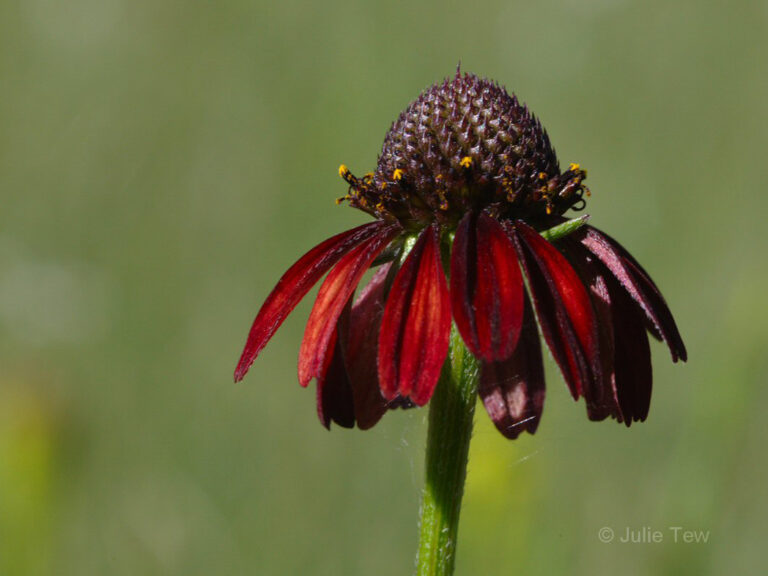
Grassleaf coneflower (Rudbeckia graminifolia) has brick-red solitary flowers that bloom in summer. They are distinctly different than most Rudbeckia species. The plant is endemic to Florida.
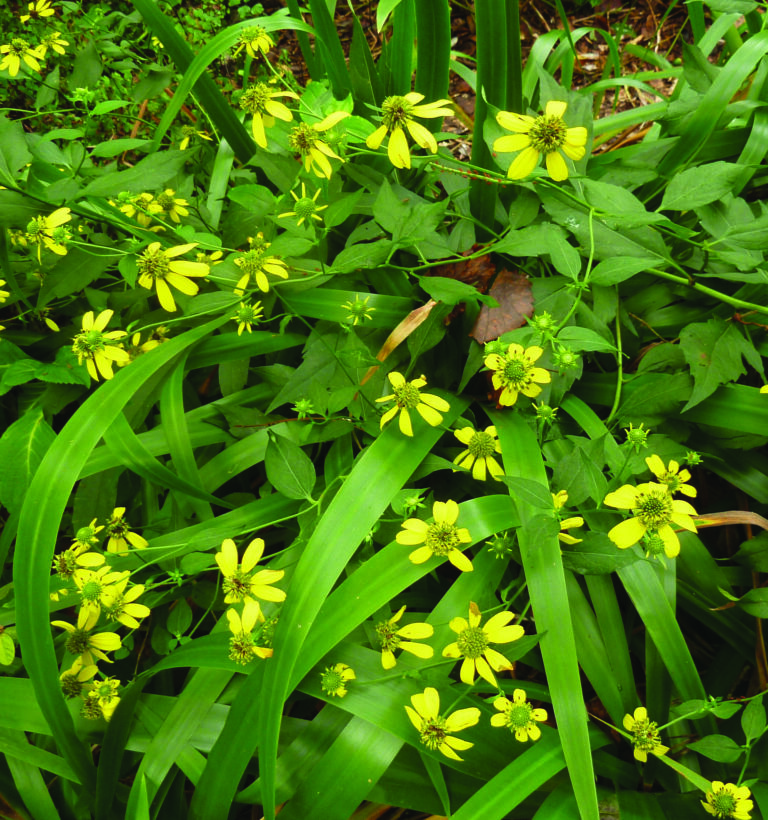
Cutleaf coneflower (Rudbeckia laciniata) is a summer-blooming wildflower that occurs naturally in mesic hammocks and meadows, on stream banks and in wet roadside ditches in North Florida.
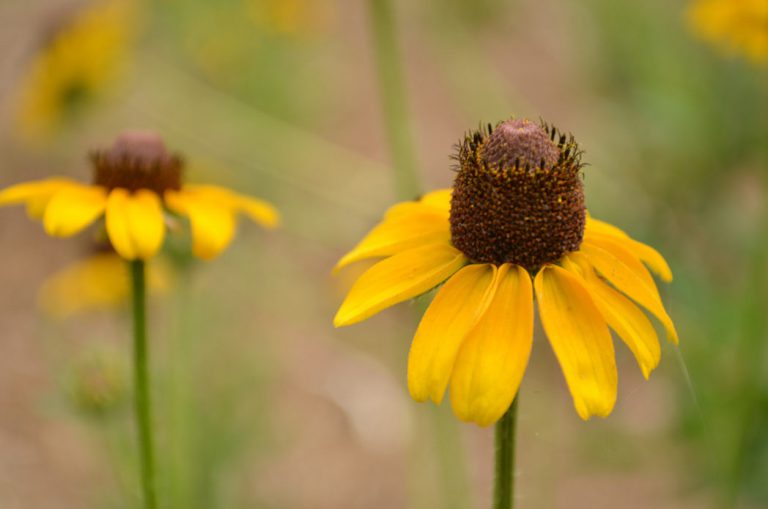
Black-eyed Susan (Rudbeckia hirta) typically blooms in spring through fall. It is pollinated by a variety of insects, and its seeds are eaten by seed-eating birds.
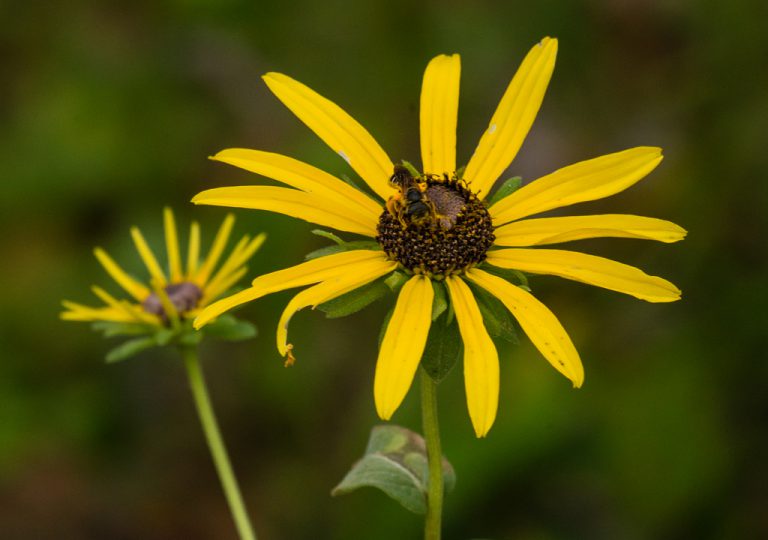
Softhair coneflower (Rudbeckia mollis) is a robust plant with bright yellow blooms that provide spring and summer color to sandhills, dry open hammocks and roadsides in North and Central Florida
Florida Department of Transportation Wildflower Program This page is hosted by the Florida Wildflower Foundation as a courtesy to the Florida Department of Transportation. Photo Gallery The photos on this page highlight the successes of the Florida Department of Transportation Wildflower Program over the past 25 years. Due to construction activities, necessary re-working of roadsides…
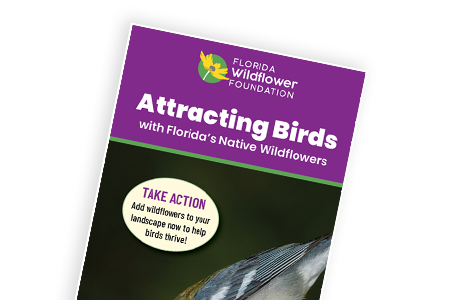
Bring birds into your landscape by planting Florida native wildflowers, grasses and shrubs that provide food and habitat. Learn more now. Versión en español disponible.
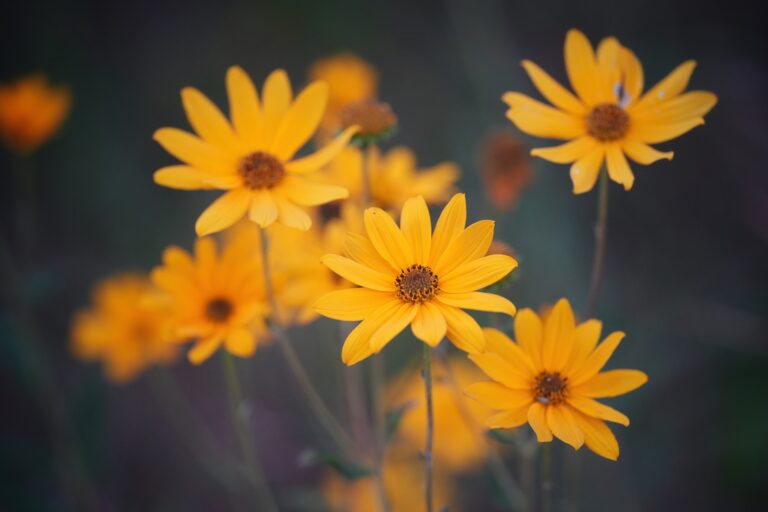
Asteraceae is the largest family of flowering plants with over 30,000 recognized species worldwide. Some of its most recognizable members include tickseeds (Coreopsis), our state wildflower, sunflowers (Helianthus) and asters (Symphyotrichum).
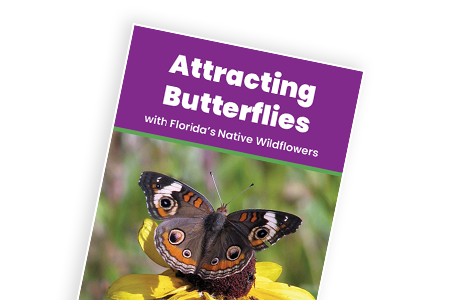
You can help provide food and habitat for Florida’s butterflies by landscaping with native wildflowers. Learn more now. Versión en español disponible.
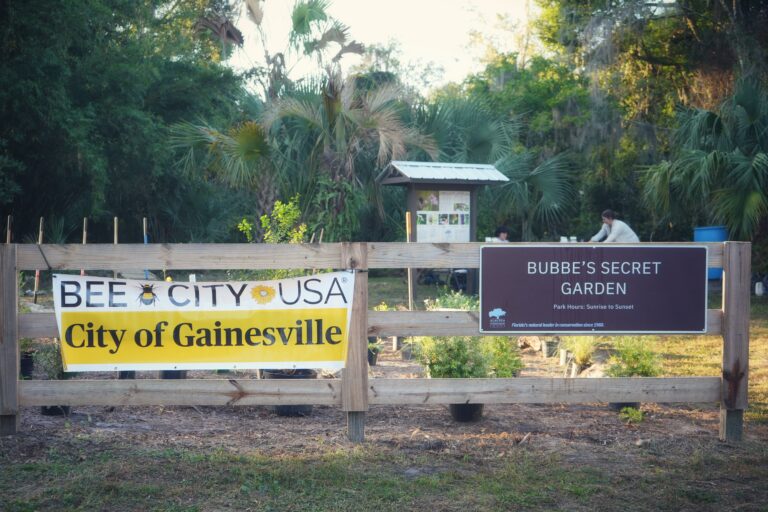
A native plant demonstration garden at ACT’s Bubbe’s Secret Garden: 1225 NW 4th St, Gainesville, FL 32601
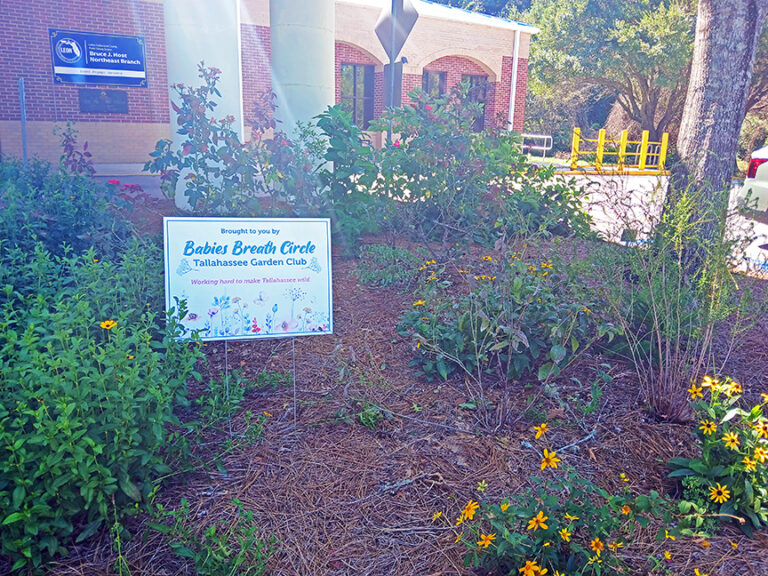
Bruce J. Host Northeast Branch Library in Tallahassee was selected to pilot the Seeds of Knowledge Library Demonstration Garden Grant in spring 2024.
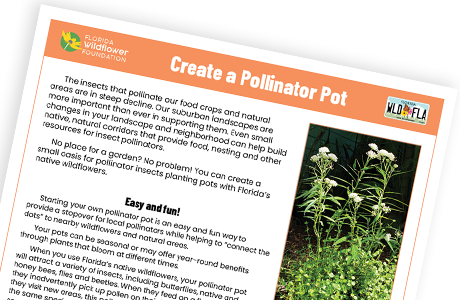
The insects that pollinate our food crops and natural areas are in steep decline. Our suburban landscapes are more important than ever in supporting them. No place for a garden? No problem! Our new video and handout can help you create a small pollinator oasis in a pot! Versión en español disponible.
Have you ever had a deer wander into your yard to dine on your landscape plants? Well, that’s what happened several years ago at a wildflower demonstration garden.